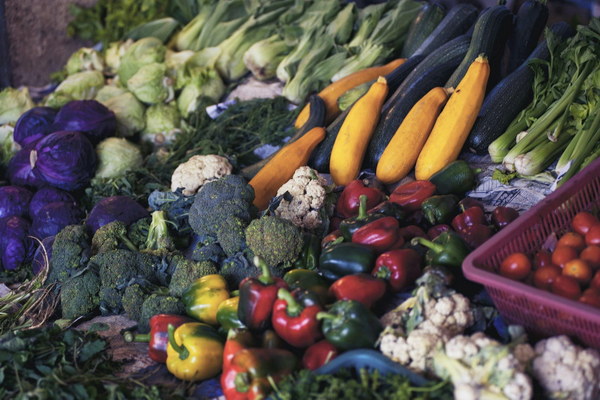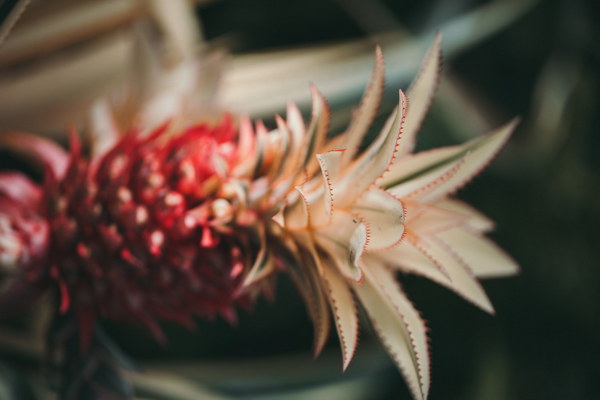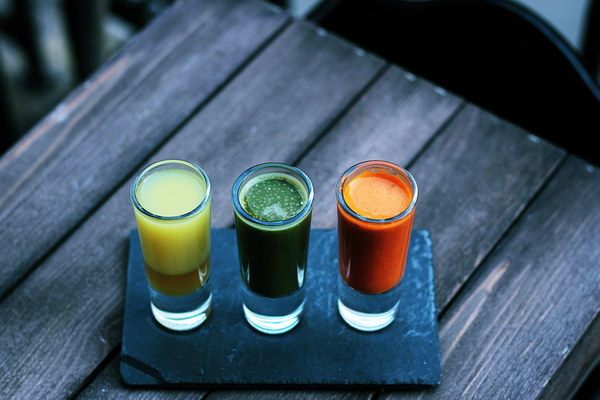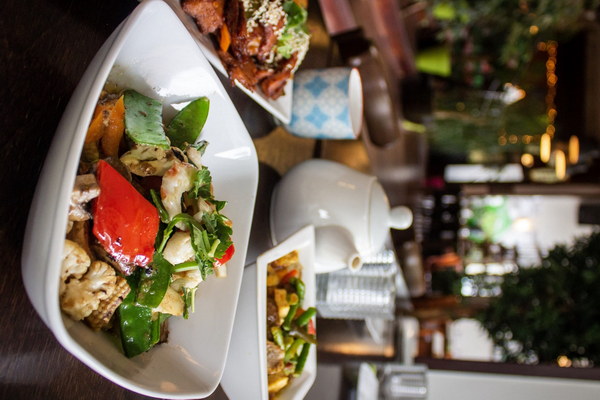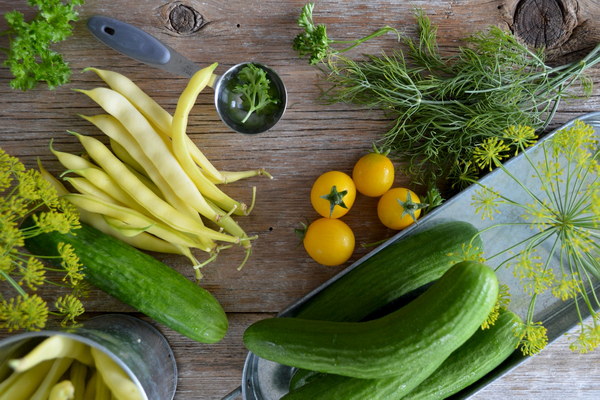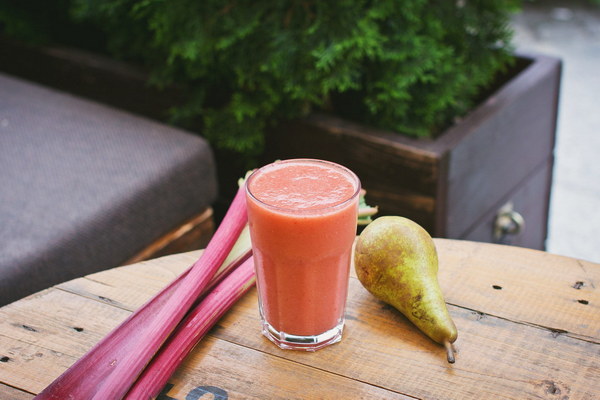Prioritizing Spleen and Stomach Nourishment vs Blood and Qi Tonification A Comprehensive Guide to Traditional Chinese Medicine
In Traditional Chinese Medicine (TCM), the focus is on balancing the body's Yin and Yang, as well as its five elements: wood, fire, earth, metal, and water. One of the most fundamental concepts in TCM is the importance of maintaining a healthy spleen and stomach, as well as a balanced blood and Qi (vital energy). However, the question of whether to prioritize nourishing the spleen and stomach or tonifying blood and Qi remains a topic of debate among practitioners. In this article, we will explore the differences between these two approaches and provide insights on when it is appropriate to use each method.
The spleen and stomach are considered the foundation of health in TCM. The spleen is responsible for transforming food into Qi and blood, while the stomach is in charge of breaking down and digesting food. When these organs are functioning properly, the body can efficiently absorb nutrients and maintain a strong immune system. On the other hand, blood and Qi are the substances that allow the body to function, providing energy, strength, and vitality.
When deciding whether to prioritize spleen and stomach nourishment or blood and Qi tonification, it is essential to consider the individual's specific health concerns and symptoms. Here is a breakdown of each approach:
1. Prioritizing Spleen and Stomach Nourishment
This approach is suitable for individuals who experience symptoms such as fatigue, bloating, indigestion, weight gain, and a weakened immune system. These symptoms are often indicative of spleen and stomach imbalances, which can be caused by poor diet, stress, or other factors. By focusing on nourishing the spleen and stomach, TCM aims to restore balance and improve overall health.
Common herbs used in spleen and stomach nourishment include:
- Astragalus (Astragalus membranaceus): Known for its immune-boosting properties, it strengthens the spleen and promotes digestion.
- Codonopsis (Codonopsis pilosula): This herb helps to improve energy levels, boost the immune system, and support the spleen.
- Licorice (Glycyrrhiza uralensis): Licorice has anti-inflammatory and soothing properties, which can help alleviate symptoms of indigestion and bloating.
2. Prioritizing Blood and Qi Tonification
This approach is ideal for individuals suffering from symptoms such as fatigue, weakness, pale skin, cold hands and feet, and anemia. These symptoms are often associated with blood and Qi deficiencies, which can be caused by factors such as chronic illness, blood loss, or stress. By focusing on tonifying blood and Qi, TCM aims to replenish the body's vital energy and improve overall well-being.
Common herbs used in blood and Qi tonification include:
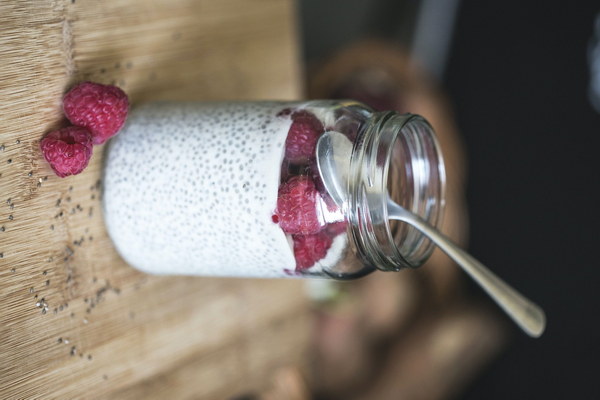
- Chinese Angelica (Angelica sinensis): Also known as Dong Quai, this herb is well-known for its blood-boosting properties and is often used to treat anemia and menstrual disorders.
- Ginseng (Panax ginseng): Ginseng is a powerful adaptogen that enhances the immune system, improves energy levels, and supports overall well-being.
- Ligustrum (Ligustrum lucidum): This herb helps to tonify the kidneys, which in turn supports the production of blood and Qi.
It is crucial to note that TCM emphasizes the concept of individualized treatment. While prioritizing spleen and stomach nourishment or blood and Qi tonification can be beneficial, it is essential to consult with a qualified TCM practitioner to determine the best approach for your specific health needs.
In conclusion, both spleen and stomach nourishment and blood and Qi tonification are important aspects of TCM. The choice between the two approaches depends on the individual's specific symptoms and health concerns. By understanding the differences and seeking guidance from a TCM practitioner, you can achieve optimal health and vitality through the wisdom of traditional Chinese medicine.
